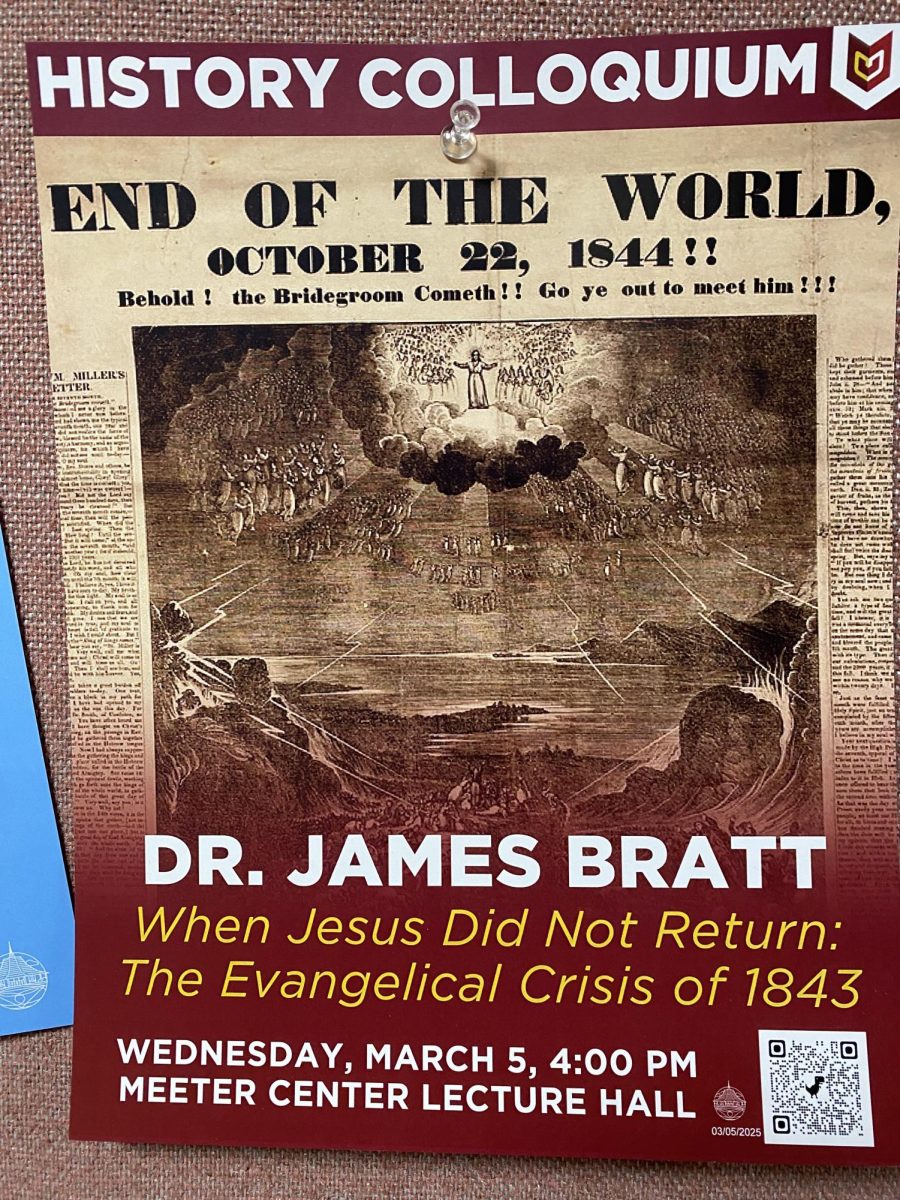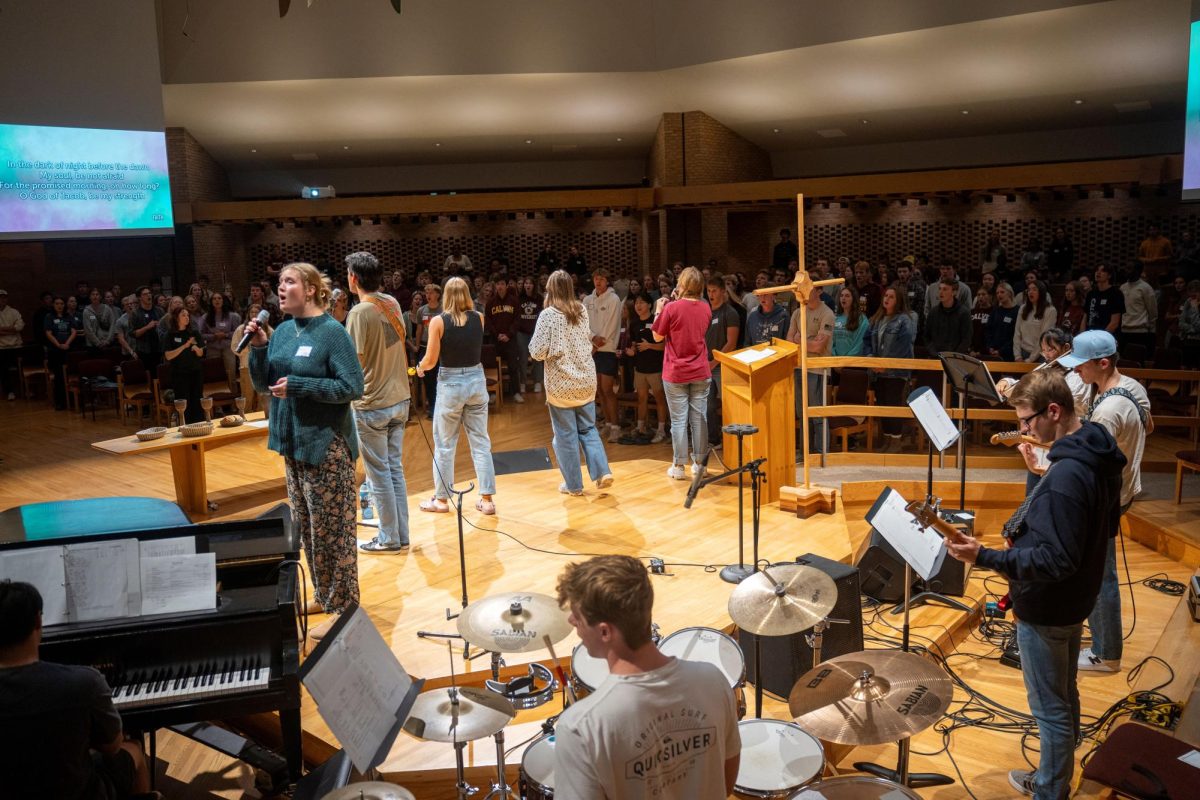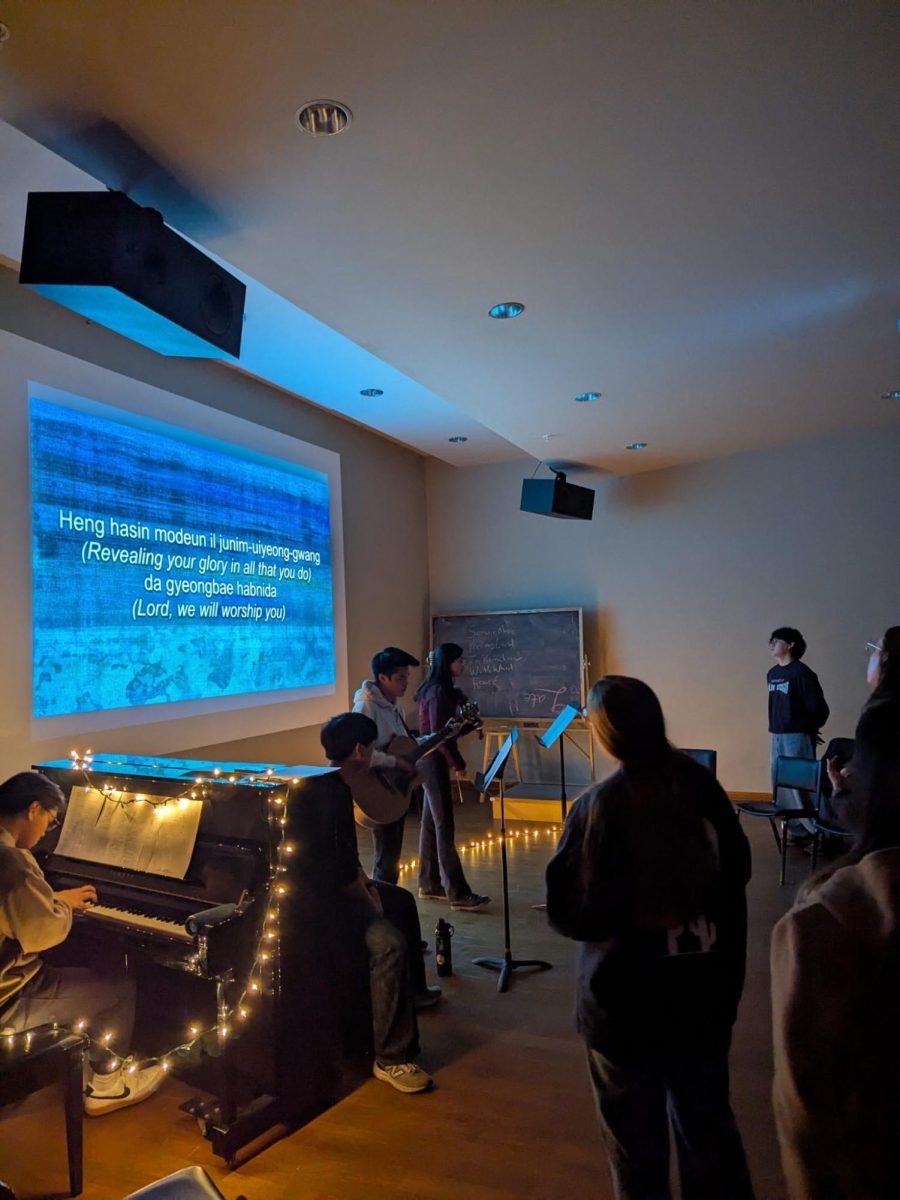Last week marked one year since Oct. 7, 2023. One year since Hamas’s brutal attack on Israel. One year of a devastating war on Gaza, an increasingly dire humanitarian crisis. One year of record-breaking levels of violence in the West Bank. One year of displacement for the Israelis living in northern Israel. One year of growing regional tensions. 1,200 Israelis have been killed. Over 42,000 Palestinians have been killed in Gaza. Violence in the West Bank has reached record highs, where 723 Palestinians have been killed. Now violence is displacing and killing many in Lebanon. These crises are only worsening.
As I reflect on these horrors, I remember these words from Rev. Dr. Munther Isaac: “The silence of the American Church is very loud.”
Rev. Dr. Isaac is a pastor and theologian from Bethlehem in the West Bank. I heard him speak these words in June at a gathering in Washington D.C. convened by the Telos Group, where Palestinian Christians and pastors and leaders from around the United States gathered to lament, confess, and worship. We were also in Washington to call upon elected officials to push for a ceasefire, the release of all hostages, and increased humanitarian aid in Gaza. These leaders united around the pursuit of the flourishing of both Israelis and Palestinians. They seek to promote freedom, security, and dignity for Israelis and Palestinians in equal measure. Rev. Dr. Isaac spoke of the unimaginable suffering in Gaza, the deep grief experienced in his own congregations and the sense of betrayal Palestinians are experiencing as Western Christians turn their eyes away.
“Your silence is so, so loud,” he said.
As I reflect on my time at Calvin, I am grateful to be part of a campus that makes an effort to embrace the global church and engage with difficult and polarizing issues. In the last year, I have appreciated the various educational panels and film nights, class and communal discussions, and times of prayer in the chapel. I still remember nearly crying when I witnessed the flags side by side in Rangeela’s Middle East act and joined in the powerful prayer at the end of the act.
But as I recall Rev. Dr. Isaac’s words, I can’t help but feel that the silence on campus these past few months has been eerie. As time goes on, we engage with the world around us only when it’s convenient or self-serving. We focus on ourselves. Our eyes have turned away from the suffering in Gaza and Israel, and our catch-all prayers for peace have become more vague each time we gather.
That being said, I do recognize that our campus is pretty preoccupied right now: we’re grieving, our denomination is imploding, our future is uncertain, hurricanes sweep our country, and a high-stakes election approaches. I would never deny that all of these things deserve our focus. Yet how is it that we ignore the unimaginable suffering and destruction of so many innocent lives so easily? The American church fails in this regard in so many ways. We all do. So today, I challenge each of us to not forget that the call to love our neighbor prompts us to love our neighbors around the world. I challenge us to remember our neighbors in Gaza, in Lebanon, in Israel, and the West Bank. I challenge us to remember that all people throughout the Holy Land and the Middle East — whether Christian, Muslim, or Jewish — are our neighbors.
Scripture guides us in how to answer this call to love all of our neighbors.
In the spring of 2023, I participated in a “peacemaking pilgrimage” to learn from Palestinaians and Israelis taking up the cause of peace and mutual flourishing in their own context. The trip began on a hill overlooking the Sea of Galilee, the location of Jesus’ Sermon on the Mount, where we read the Beatitudes together. Matthew 5:5 became an anchoring text for our journey: “Blessed are the peacemakers” (New International Version). We explored how this calling is central to living into our primary identities as children of God.
As I return to this text, I now find myself fixated on two other phrases. “Blessed are those who mourn” (NIV, Matt. 5:4). May we mourn alongside our neighbors. “God blesses those who hunger and thirst for justice” (New Living Translation, Matt. 5:6). May we not lose our appetite for what is right. May we no longer normalize violence, the denial of human dignity, and inaction that perpetuates suffering. The Beatitudes (NIV, Matt. 5:4-11) prompt us to lament, embody humility, long for justice , and, yes, work for peace. This work is not easy, yet let us discern and answer that call. Let us uphold our identity as God’s children. May we own our agency. May we learn to love our neighbors.
O, God, teach us how to love. Teach us how to participate in your work of peace.
– This story has been updated to reflect that Israelis have been displaced from northern Israel.







Madeline Witvliet • Oct 14, 2024 at 1:43 pm